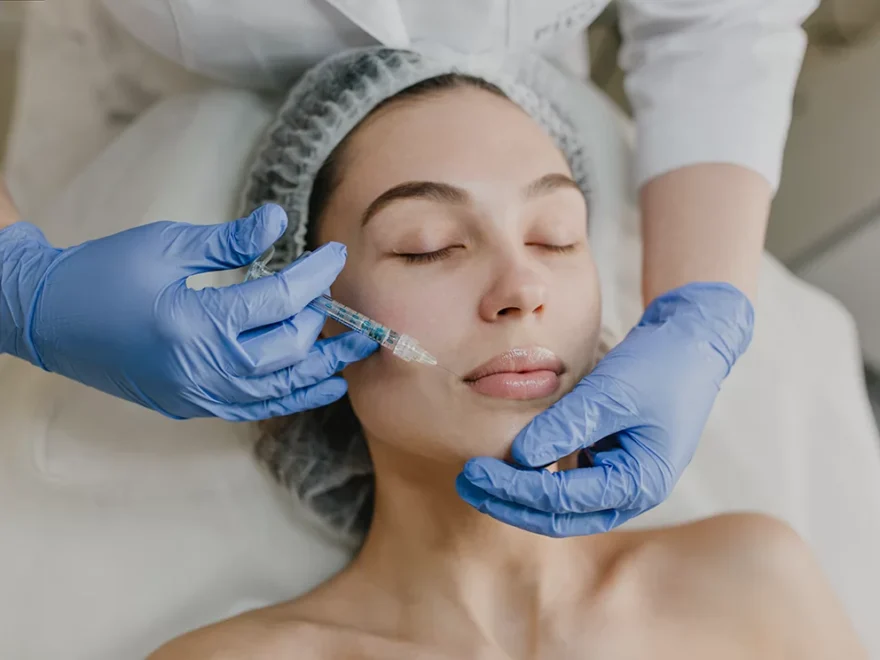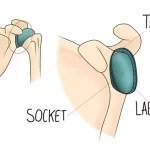When considering a visit to a filler clinic, it’s crucial to ensure that the staff is qualified and experienced. Filler treatments, such as dermal fillers, are delicate procedures that require skill and expertise. But what exactly should you look for in a clinic’s staff to ensure a safe and effective treatment?

Content
1. Medical Qualifications
The first and foremost qualification for staff at a filler clinic is a strong medical background. Ideally, the practitioners should be licensed medical professionals, such as dermatologists or plastic surgeons. These professionals have extensive training in anatomy and physiology, which is essential for administering fillers safely. For instance, they understand how different fillers interact with the body and can manage any potential complications that might arise.
2. Specialized Training
In addition to basic medical qualifications, staff should have specialized training in aesthetic procedures. This training often includes certifications from recognized institutions or professional bodies. Specialized courses in cosmetic dermatology or aesthetic medicine provide practitioners with the skills needed to perform filler injections accurately. Look for clinics where staff members have completed training programs specific to filler treatments.
3. Experience and Expertise
Experience plays a significant role in the success of cosmetic procedures. An experienced practitioner will have a refined technique and a keen eye for detail, which is crucial for achieving natural-looking results. Ask the clinic about the staff’s experience with the specific type of filler you are interested in and request to see before-and-after photos of previous patients.
4. Ongoing Education
The field of aesthetic medicine is constantly evolving, with new techniques and products emerging regularly. Staff at a reputable filler clinic should engage in ongoing education to stay updated on the latest advancements. This commitment to continuing education ensures that they are knowledgeable about the newest filler products and techniques, which can enhance your treatment outcomes.
5. Communication and Consultation Skills
Effective communication is essential in any medical setting. The staff should be able to explain the procedures, answer your questions, and discuss your treatment options thoroughly. They should also assess your medical history and any potential risks associated with the fillers. This level of care and attention ensures that you are well-informed and comfortable with the treatment process.
6. Accreditation and Reviews
Lastly, check for the clinic’s accreditation and reviews from previous clients. Accredited clinics adhere to high standards of care and safety. Reviews can provide insight into the experiences of other patients, which can help you gauge the quality of care provided by the clinic.
For those considering a filler treatment, ensuring that the staff meets these qualifications is crucial. For more information on qualified filler clinics, you might want to explore คลินิก ฟิลเลอร์, where you can find professionals dedicated to providing safe and effective aesthetic treatments.
Choosing the right clinic and qualified staff will help ensure a positive experience and the best possible results from your filler treatment.

Arlene Ross is a health blogger who enjoys writing on her website. Arlene has always had an interest in medicine, and she hopes to become a doctor one day. She loves reading about medical discoveries, especially when they are for rare conditions that don’t have much research yet. She also likes exploring the science behind different diets and nutrition programs.













